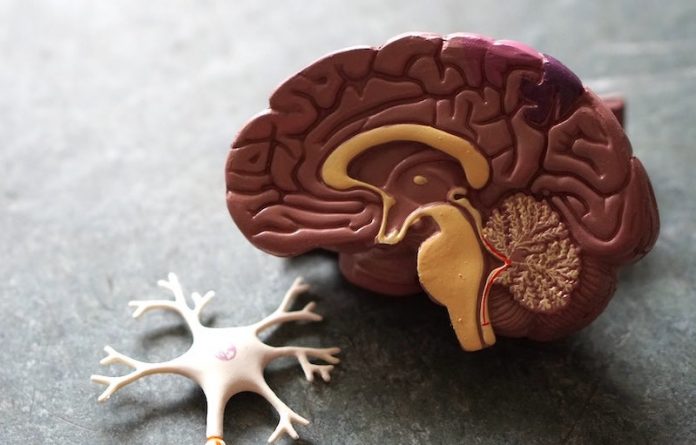
Scientists from Augusta University found disease of the microscopic blood vessels that feed the white matter of the brain is linked to worse cognitive function and memory deficits in individuals with Alzheimer’s disease.
They suggest microvascular disease and Alzheimer’s is associated with more brain damage, more white matter damage and more inflammation.
The research is published in GeroScience and was conducted by Dr. Zsolt Bagi et al.
In the study, the scientists looked at the brains of 28 individuals who participated in the Adult Changes in Thought Study.
Participants aged 65 or older with no cognitive problems upon enrolment are followed until their death, and about 25% agree to autopsy and make genomic DNA from their blood and/or brain tissue available to scientists.
The individuals that served as controls for the study had no indication of Alzheimer’s or vascular disease in their brain.
Other groups had Alzheimer’s without vascular disease, a vascular disease without indicators of Alzheimer’s or both Alzheimer’s and vascular disease.
Their focus in the studies was the white matter, which accounts for about 50% of the brain mass, and enables different regions of the brain to communicate.
They found that people who had been diagnosed with Alzheimer’s and dysfunction of these tiny arteries did have an impaired ability to dilate in response to the powerful blood vessel dilator bradykinin, compared to those without obvious microvascular dysfunction.
Theirs and other recent findings suggest that some people with Alzheimer’s who have brain changes widely linked to the condition, like amyloid plaques, may not develop dementia without this underlying vascular dysfunction.
The good news is that vascular disease is potentially modifiable by reducing major contributors like hypertension, obesity, diabetes and inactivity.
If you care about Alzheimer’s disease, please read studies about the likely cause of Alzheimer’s disease, and this anti-seizure drug could improve cognitive function in Alzheimer’s.
For more information about brain health, please see recent studies about how to sleep to prevent Alzheimer’s disease, and results showing antioxidants may help prevent Alzheimer’s disease.
Copyright © 2022 Knowridge Science Report. All rights reserved.



